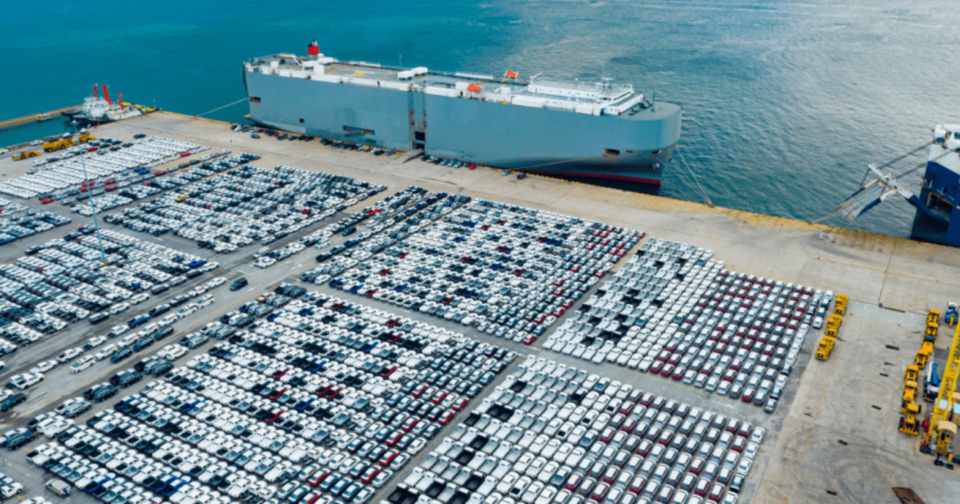One of Canada’s largest unions is putting pressure on Ottawa to slap tariffs on imported Chinese electric vehicles (EVs)
Unifor participated in the federal government’s 30-day consultation process, which ended last week, to protect autoworker jobs and domestic supply chains from “unfair Chinese trade practices," the union said in a news release.
Ottawa has to decide whether to join the Biden Administration and the European Union in applying tariffs against Chinese EVs to raise the price of these vehicles for consumers and protect the Canadian auto sector against the flood of global car production coming from Chinese state-owned industry and its practice of overcapacity.
"Canada has everything we need to build the electric vehicles of the future in our own backyard, including a highly skilled workforce, deep roots in auto manufacturing, and the critical minerals needed to supply the industry," said national president Lana Payne in a statement.
"The United States and the European Union have responded proactively to the threat posed by unfair imports and now it's time for Canada to do the same."
Unifor's recommendations call on the federal government to impose comprehensive rules, surtaxes and enforcement mechanisms to bring Canada on line with the U.S. The union's recommended measures include:
- imposing a surtax above existing tariff rates on Chinese-made electric vehicles of 100 per cent, batteries of 25 per cent, and critical minerals of 25 per cent, all of which bring Canada in line with measures proposed by the United States;
- protecting Canada's supply chain transition with additional surtaxes on critical component parts from China, including electric motors and battery cell material;
- extending and expanding EV purchasing incentives for Canadians and disqualifying vehicles that are subject to a surtax under section 53 of the Customs Tariff Act;
- including "connected vehicle" technology among the list of sensitive areas for foreign investment reviews and monitor the outcomes of an ongoing U.S. investigation into information and communications technology (ICT) in vehicles; and
- equipping Canada's border services officials with resources and guidance to withhold goods crossing the border suspected of forced labour, including from China.
"Working-class communities all across Canada have been hurt before by governments that have signed unfair trade deals or failed to listen to workers and organized labour," said Payne. "Canada must implement these recommendations in order to protect good auto jobs and build a more prosperous, fairer, cleaner and resilient economy for all."
In May, the Biden Administration increased tariffs on EVs from 25 to 100 per cent.
More protectionist measures were added on batteries, battery component and critical minerals. Tariffs on lithium-ion batteries will increase from 7.5 per cent to 25 per cent this year as well as the tariff rate on battery parts will increase from 7.5 per cent to 25 per cent.
The tariff on natural graphite and permanent magnets goes from zero to 25 per cent in 2026. On certain other critical minerals, the tariff rate jumps from zero to 25 per cent this year.
